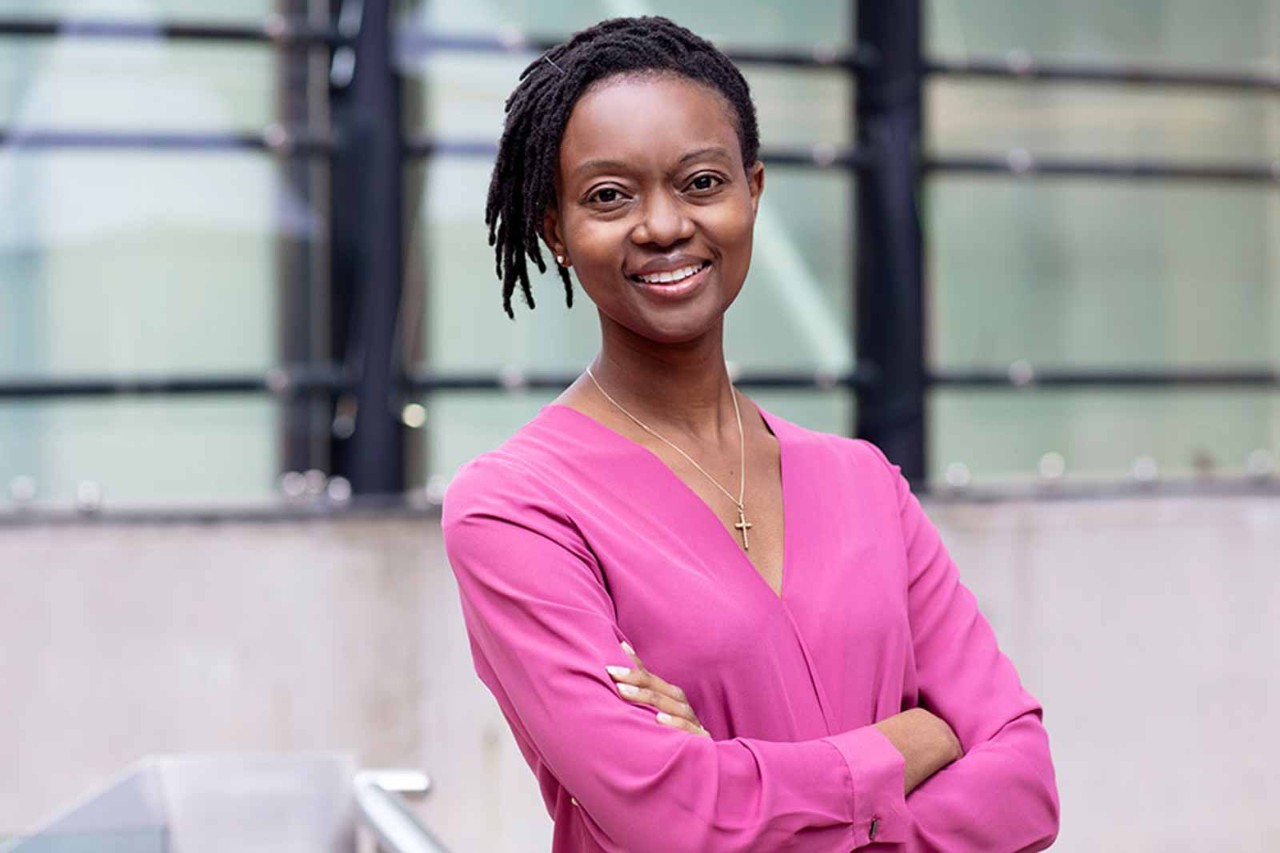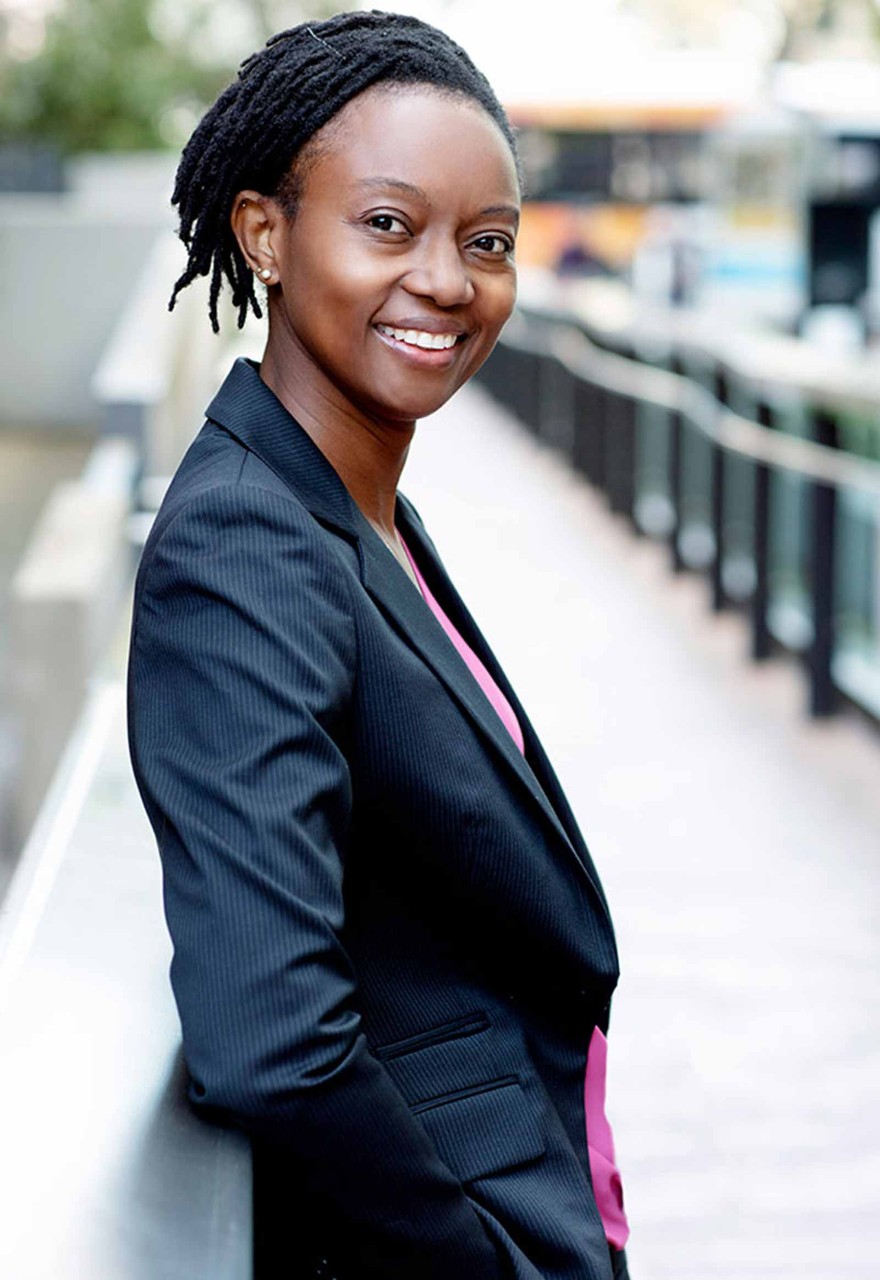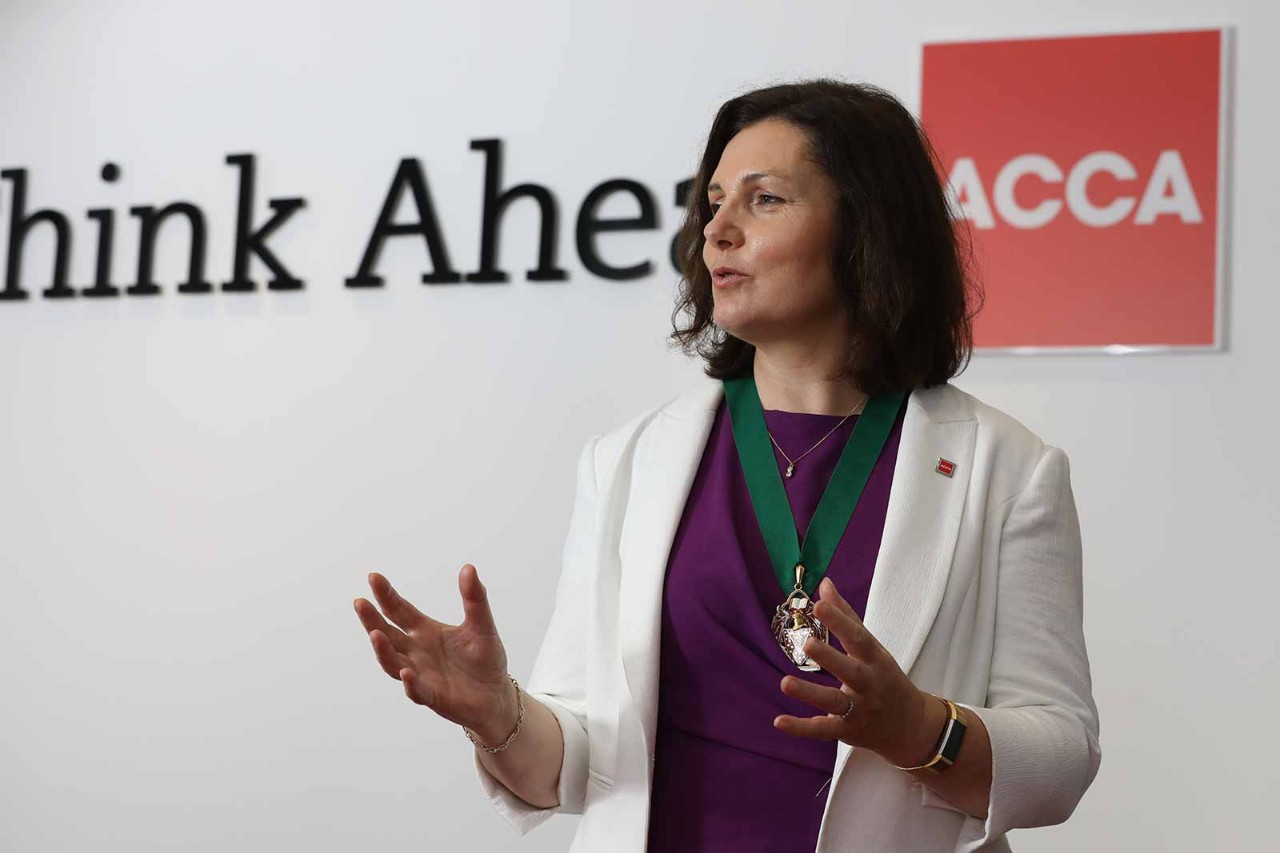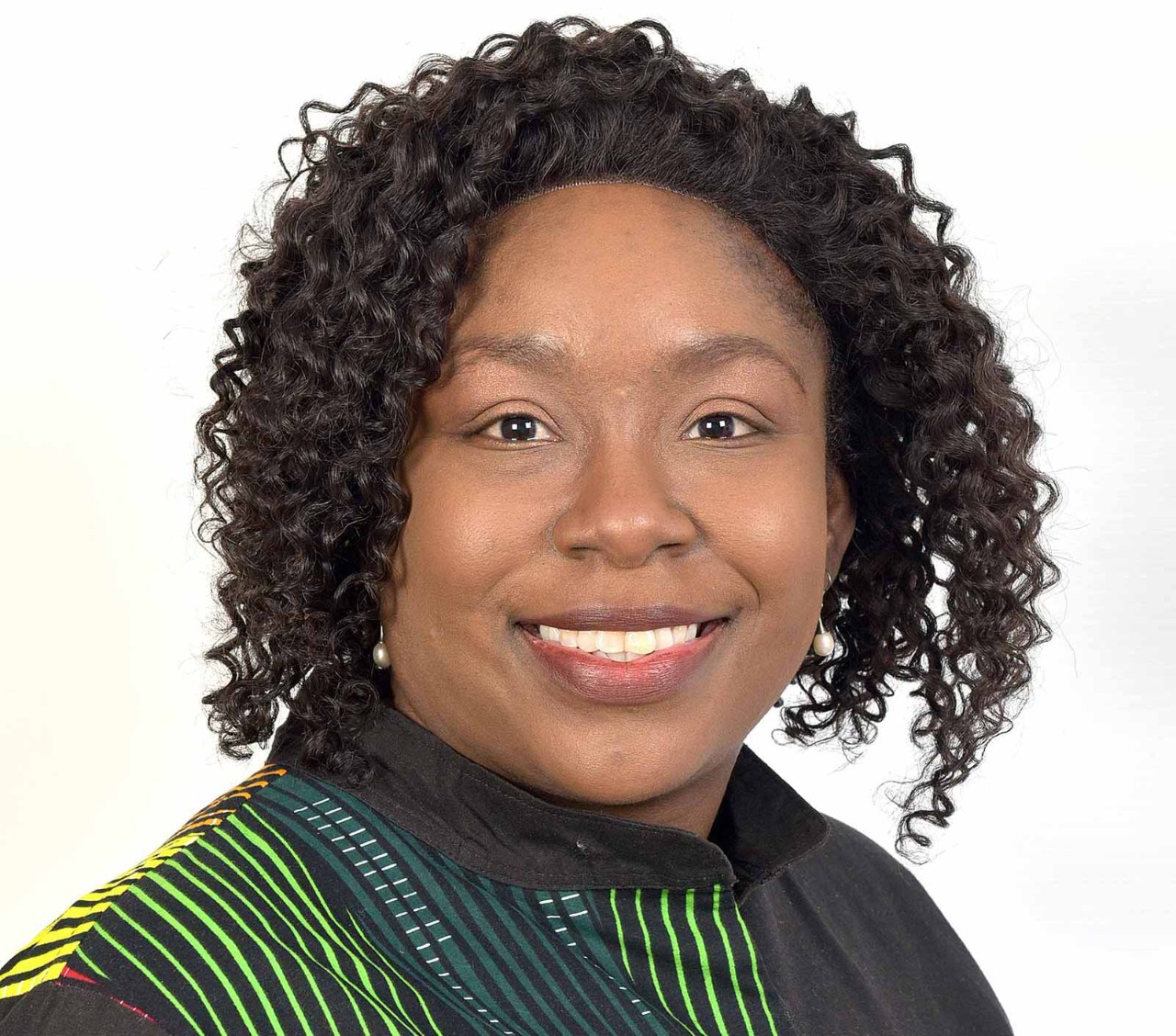
Telling a little girl she can be anything she wants to be is one thing: making her believe it, quite another.
Despite her years of advocating equity for all, this point was driven home to Florence Mauwa, head of human resources at Telstra Health in Australia, when her own daughter was about four or five.
‘I’ve a girlfriend who’s a chemistry professor at a university in South Africa, and one day, I tried explaining to my daughter what my friend did,’ says Melbourne-based Mauwa.
‘She found it fascinating, and it started a conversation about women role models. Not everybody wants to be a trailblazer: for many, it’s hard to envisage yourself being something if you don’t know or see someone you can relate to who’s actually doing it.’
‘It’s hard to envisage yourself being something if you don’t know or see someone you can relate to who’s actually doing it’
CV
2019
Head of human resources, Telstra Health, Australia
2017
Strategy and operations manager, Telstra
2011
Remuneration manager, Australia Post
2008
Senior manager, human resources, The Abraaj Group, Dubai
2006
Head of human resources, Standard Chartered Bank, The Gambia
2001
Assistant portfolio administrator, MBCA Capital, Zimbabwe
1998
Articled clerk, Deloitte, Zimbabwe
Early activist
As a black woman, Zimbabwean-born Mauwa has thankfully never experienced overt disadvantage herself. The eldest of three girls in a middle-class family, and parented by a single mother who engaged them in activism for marginalised communities, her social conscience was instilled from an early age.
Then, at her all-girl high school, Mauwa was immersed in a supportive network of strong women – female leaders and peers alike – who continue to inspire her to this day.
Accounting didn’t reveal itself as a career choice until the Big Four firms sent scouts into the school, and she realised the profession ticked the right boxes.
Look for challenges
‘At the time, I had a mentor who was very influential and gave me advice that I still use today: when making decisions about your career, pick work that’s going to challenge you and will let you learn something new.’
From school, Mauwa joined Deloitte and began studying to be a chartered accountant. Her next role at MBCA Capital, a fund manager since acquired by Platinum Group, sparked the newly minted accountant’s interest in investment banking. She decided to boost her prospects in that field by equipping herself with an MBA, choosing to study in Australia.
In tandem, Mauwa worked towards her ACCA Qualification, attracted by its portability and the range of professional competencies to be gained.
After her postgraduate studies, the intention was to move back to Zimbabwe but, due to the changing economic landscape there, Mauwa relocated instead to West Africa, where she met her now husband, also an accountant.
Unexpected change
It was while in West Africa, by sheer happenstance, that Mauwa’s career took a non-linear pivot.
Midway through an interview for a position at a bank, word came through that the human resources (HR) manager – who also managed the payroll – had quit, effectively immediately.
‘They had an urgent need for HR operations and asked me if I’d hold the fort while they recruited someone,’ Mauwa says.
With her mentor’s words ringing in her ears, she accepted and, weeks later, was offered the permanent role.
After several years, the couple moved to the Middle East for an opportunity in her husband’s career, later settling in Australia where her siblings by now resided.
‘There is an appreciation that you can’t just focus on people only, without thinking about the commercial side of the business’

Today, Mauwa is head of human resources at Telstra Health, a wholly owned subsidiary of Telstra Corporation and the largest Australian-based provider of software products, solutions and platforms for care providers in the hospital, health service, pharmacy, and aged and disability care sectors.
Complementary disciplines
Though it might seem counterintuitive, Mauwa has found that the two disciplines, finance and HR, actually complement each other well.
‘In the businesses I’ve worked for, the largest cost is their people, so the relationship seems natural,’ she explains.
‘There’s now an acknowledgment from the accounting world that it’s not just about the numbers – soft skills are also required if you want to be a successful finance professional. Equally, on the HR side, there is an appreciation that you can’t just focus on people only, without thinking about the commercial side of the business.’
Although she’s now added two qualifications in HR management to her professional toolkit, Mauwa maintains that ‘accounting is in my blood’: ‘I’ve always been active in the ACCA community, and identify myself as an accountant, but also as an HR professional,’ she says.
Merit versus opportunity
It was only after she’d left Zimbabwe, and her close circle of support, that Mauwa began to see first-hand marginalisation in various forms.
‘It became clear to me that there were things I took for granted, such as opportunities to work in different countries, which other people didn’t get,’ she says. ‘And, in some cases, it was less about merit and more about opportunity.’
The realisation that the playing field isn’t level for all led to broader equity questions.
‘Take women, for example,’ says Mauwa, hitting her stride. ‘We say we need more women in the workplace, and that there’s not enough female students taking STEM [science, technology, engineering and mathematics] subjects, but mindsets are moulded much earlier. If Bob the Builder was Barbara the Builder, would we have more girls wanting to go out and build things?’
She explains why it matters so much that women are not just in the workforce but equitably represented across various sectors.
‘If Bob the Builder was Barbara the Builder, would we have more girls wanting to go out and build things?’
Telstra Health
Telstra Health provides software products, solutions and platforms for care providers in the hospital, health service, pharmacy, and aged and disability care sectors, connecting health information, clinicians and consumers. The company, which employs more than 1,200 people across Australia and the UK, has grown from a series of distinct acquisitions and start-up lines of business to become Australia’s largest eHealth company. Software solutions are provided to more than 540 hospitals, more than 3,000 pharmacies and 60,000-plus older people requiring care. Meanwhile, 16 million records are managed securely through Telstar’s population health platform.
‘In industries which are significantly dominated by women – such as early childcare – you tend to get low-pay issues coming through. If there was a more balanced representation in that space, would the disparity in pay be so significant?’ Mauwa wonders.
On the flip side, typically male-dominated fields like engineering and software development tend to have higher remuneration.
Beyond box-ticking
Mauwa believes that workplaces need to reflect society as a whole – not just in terms of gender, but encompassing all aspects of its diversity. And it goes beyond merely including people but making them feel that they actually belong. This particular point resonates.
‘I’ve had experiences where I’ve been invited to things, I’m in the room, but not feeling particularly welcome,’ Mauwa shares. ‘You’ve got the African woman so you’ve ticked two boxes. But if I feel I can’t bring my whole self to that experience and contribute, then we are not achieving what we intended.’
She longs for the everyday realities of people’s lives to be understood. For example, why set up a meeting for 8.30 in the morning if someone in your team has to do school drop-off? Or, if you’re organising a staff party, make sure it respects the religious or cultural sensibilities of everyone. ‘When we look more holistically,’ Mauwa says, ‘that’s when the whole essence of diversity and inclusion comes into play.’
Acceptance and empathy
She hopes that greater acceptance and empathy is an upside of the pandemic. With employers more likely to be amenable to remote and part-time working arrangements, it may even open up a pool of talent not previously tapped into before.
Outside of work, Mauwa sits on several boards focused on diversity and marginalisation. One is a specialist family violence organisation in Melbourne; another is the Queen Victoria Women’s Centre Trust, which nurtures social cohesion and participation of women. She also sits on the board of African Music and Cultural Festival, the largest annual African festival in Australia.
She sees the way forward as not just talking about diversity and inclusion, but following through with positive actions – and to keep shining a light on successful women, as ACCA strives to do.
Because for girls to believe in their own potential, Mauwa asserts, they need to be able to see the achievements of women who look like them.





